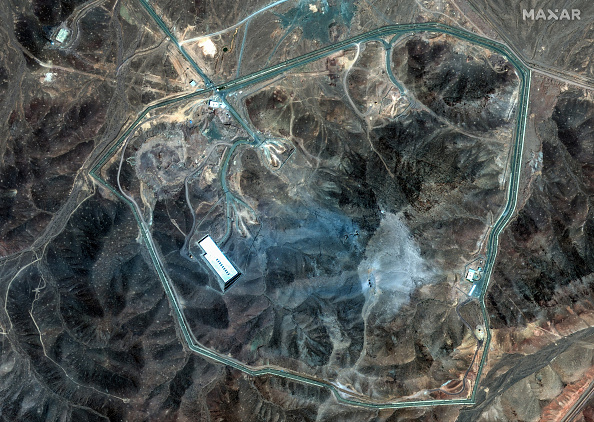Media Advisory: July 10 Forum Highlights Human Toll of Nuclear Weapons and Need to Renew Action Against Nuclear Dangers
ACA and Win Without War co-host July 10 Forum that highlights human toll of nuclear weapons and need to renew action against nuclear dangers
For Immediate Release: July 3, 2025
Media Contacts: Daryl Kimball, ACA Executive Director, (202) 462-8270 ext. 107, Sara Haghdoosti, WWW Executive Director
(WASHINGTON, DC)— Arms Control Association and Win Without War Education Fund will commemorate the 80th anniversary of the nuclear age on July 10 with a special event: “From Trinity to Today: Nuclear Weapons and the Way Forward.”
The half-day conference – held in Washington, D.C. and webcast online -- will feature a keynote address by Congresswoman Dina Titus (D-Nev.) and three-panel series to commemorate the 80th anniversary of the atomic age, the humanitarian impacts of nuclear weapons use, testing, and production, the power of citizen movements that have changed the course of nuclear history, and how we can reduce the risks of nuclear weapons and arms racing today.
Panelists include leaders and activists from nuclear weapons impacted communities, including Japanese hibakusha leaders and U.S. nuclear test downwinders, former government officials, and key civil society leaders working to reduce and eliminate the nuclear threat.
The full agenda and speakers list is available here.
The event will close with a multi-organizational appeal for urgent action to halt and reverse the growing threat of nuclear war and nuclear arms racing.
“As we mark the 80th anniversary of the first ever nuclear test, code-named “Trinity,” and the atomic bombings of Hiroshima and Nagasaki, the risk of nuclear war and an unconstrained nuclear arms race is rising sharply,” said Daryl Kimball, executive director of the Arms Control Association.
"Our event is designed in part to recognize the experience, wisdom, and resilience of the communities affected by nuclear weapons use, testing and production, many of whom are calling for renewed push to move us toward a world free of nuclear weapons,” noted Sara Hagdoosti, Executive Director of Win Without War.
“Conveying the harsh realities of the nuclear weapons use, nuclear testing, and nuclear weapons production is important as a starting point for all nuclear disarmament efforts,” Kimball said
“More nuclear weapons will not make the world safer. We owe it to future generations to demand that our leaders take meaningful action to halt and reverse the new nuclear arms race and engage in effective diplomacy to reduce and eventually eliminate the threat,” he said.
“Unfortunately, the United States in on track to spend upwards of $1 trillion over the next decade to upgrade and expand its deadly nuclear arsenal,” Hagdoosti noted.
“We also want to highlight the need to reduce the skyrocketing costs of nuclear weapons and redirect resources to meet real human needs, including programs to mitigate the health and environmental harm caused by eight decades of nuclear weapons testing and production,” she said.
Reporters and other guests must register to attend in person or online.

